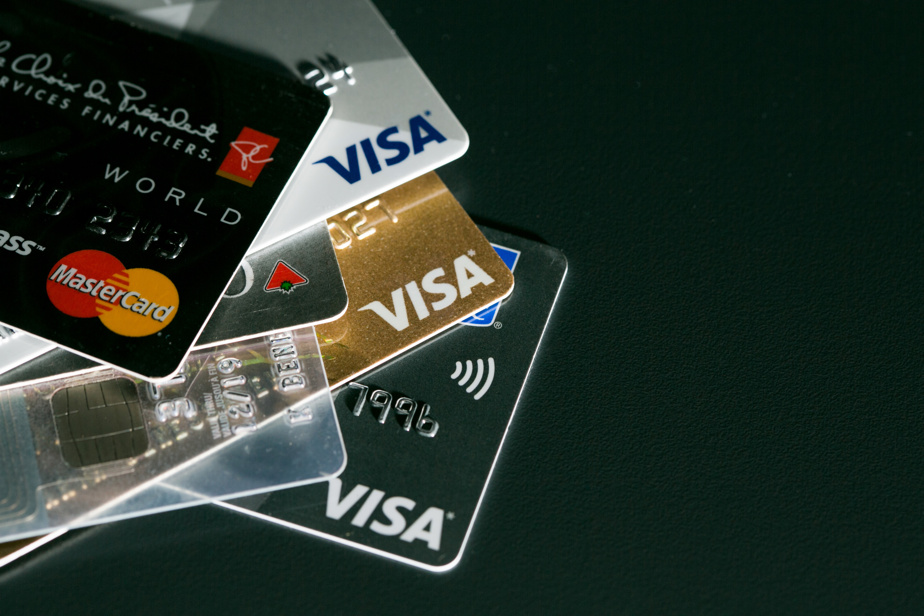
Posted at 6:00 am
An analysis by investment site Invezz published last week did not bode well for Canada, which, overall, ranked first among the OECD’s most indebted countries.
Invez calculates that Canadians have the highest number of credit card holders, ahead of Japan and Switzerland at a rate of 82.74%. That means fewer than one in five adults in Canada don’t have a credit card.
To find out more, we reached out to Jean-Maximilien Voisin, founding president of Milesopedia, which offers advice on choosing and using credit card services, and Youssef Ghelache, co-founder and director of EducFinance, a personal financial education company. The service launched its newest platform this week.
Why are Canadians champions in this regard?
“You have to take this comparison with a grain of salt,” Jean-Maximilien Voisin was quick to warn.
Because OECD countries do not have the same culture regarding credit. Canada is comparable to Japan or the United States, but much harder for European countries. “Europe has a very different credit operating system,” explains Jean-Maximilien Voisin. For example, in France, we talk a lot about bank cards and therefore no credit. »
And why are Europeans less addicted to credit cards than we are?
Because banks are less persistent in promoting this, interchange rates are low, explains Jean-Maximilien Voisin. The rate that financial institutions claim from a merchant on each transaction is capped at 0.5% in Europe, he said, while in Canada it’s about 1.5%.
How many credit cards should we have?
“For normal human beings, two,” answers Youssef Ghellache, with good credit limits and different issuers, to deal with an emergency. Maintaining a credit card should not complicate personal financial management, as in these situations one may forget to pay the balance and start accumulating interest.
Jean-Maximilien Voisin believes you can have three or four cards to juggle the advantages of each and get the most out of them. “There is no better card,” he said. We have to make our choice according to our needs and our behavior. »
So we can have one card for grocery shopping and another that offers travelers insurance, access to airport lounges, or currency exchange fees, the Milesopedia founder believes.
The first question to ask: Can I pay off my balances? If the answer is no, avoid multiplying cards.
How to avoid getting into debt on cards?
“A credit card is a method of payment, not a method of financing,” recalls Youssef Ghellache. In case it is impossible to pay the balance, it is necessary to resort to financing method. “A personal line of credit has a lower interest rate,” he says. Ditto for a mortgage line or even a personal loan that consolidates debts.
However, Youssef Gellache advises not to procrastinate and to deal with the situation quickly. “Never pay only the minimum balance,” he says.
Shouldn’t some people have a credit card?
No, says Youssef Gellache, because having a card and using it helps build credit history. “A person who is afraid of having a card and prefers not to have it will be penalized the day he wants to get a loan to buy a car, for example, he has not built up his credit history. »
If you fear losing control, you can turn to prepaid cards or cards that require a deposit, which will prevent you from piling up debt.
Another good tip from Yusuf Gella: Don’t wait until the end of the month to pay off your entire balance. Make weekly payments, which allows you to track expenses and adjust the budget accordingly.
What is the credit rating?
It assesses our ability to maintain credit based on our behavioral history based on several criteria, including payment timeliness and the portion of the limit we use.
That’s why it’s more beneficial to split purchases between two cards with a $1,000 limit than to keep each on the same card, with the same limit, Jean-Maximilien Voisin explains.
In Canada, financial institutions provide this information to Equifax and TransUnion, which compile the score.






